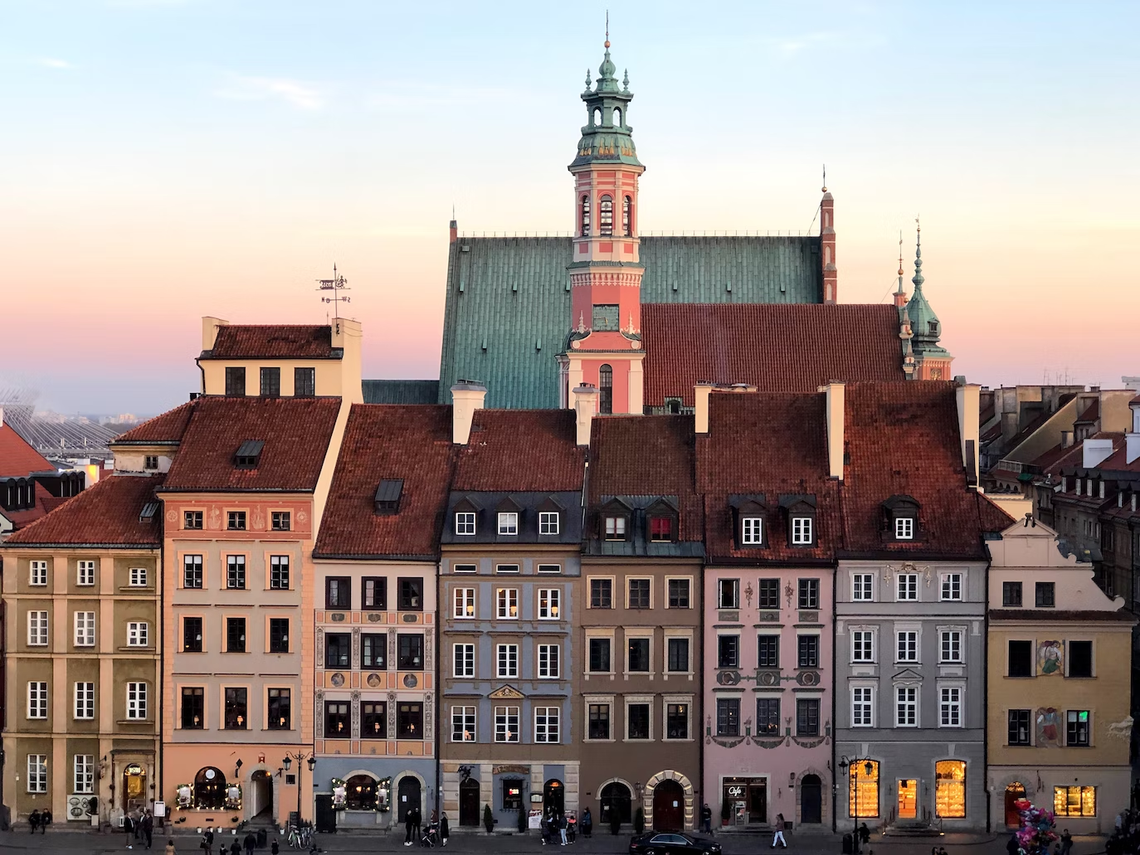Apply to a foreign university with confidence
- Properly fulfilled documents
- Perfect motivation letter
- Support from a personal mentor
- Offers from several universities
About the specifics of undergraduate studies in Poland and prospects after training.
Free consultation



Bachelor's programs in Poland cannot currently compete in popularity with such EU countries as Germany and France. However, they are chosen by many foreigners who want to obtain a European diploma. Education in Poland is attractive primarily due to its low education costs (approximately 2 USD per year) and the opportunity to study in English. Additionally, several Polish universities are among the top 500 in the QS world ranking. Therefore, selecting a bachelor's program in Poland allows students to maintain both a budget-friendly option and high-quality educational programs.
Items 1-6 of 537
Advanced searchBachelor's degrees in Poland have two titles: Licencjat (License) и Inżynier (Engineer). The Licencjat is conferred upon students studying in the humanities and natural sciences, while Inżynier is a degree in Engineering and Technology. The duration of study for a Licencjat is 3 or 4 years, whereas for an Inżynier degree, it extends for an additional year — totaling 4 to 5 years. Both degrees correspond to the first stage of higher education according to the Bologna system and require 180-240 ECTS (educational credits).
The academic year in Poland starts in October and ends in June, consisting of two semesters: winter, lasting from October to February, and spring, spanning February to June.
Polish universities offer the option of part-time study, whereas most European universities primarily provide full-time programs. The distinction between part-time and full-time programs lies in the requirement for part-time students to earn a set number of credits, equivalent to that of full-time programs, but over twice the duration. Part-time programs involve classes on specific days (typically Friday, Saturday, and Sunday). The status of the part-time program does not affect the length of the course, assuming that the student engages in independent study.

Universities in Poland establish their own class schedules, attendance to which is obligatory. Lectures constitute a major portion of study time, with seminars and group sessions occurring toward the end of the semester. This arrangement grants students substantial free time. However, succeeding in exams at a Polish university demands substantial preparation. Furthermore, strict attendance monitoring by universities prevents students from becoming complacent.
At the end of the semester, each subject culminates in an oral or written examination. Polish universities employ a five-point grading scale: the highest grade is 5 points, while the lowest is 1 point.
Around 30% of Polish university students face expulsion after their initial year, with slightly over half of them reinstated, ultimately finishing their studies. Academic failure stands as the primary reason for these expulsions.
Owing to the challenging nature of exams at Polish universities, a minority of students manage to pass subjects on the first try. The university allows merely two attempts (maximum three) for exam retakes, with the first reattempt possibly involving a review committee.

Employment
Poland maintains an average unemployment rate, with roughly 8% of individuals aged 25 to 60, holding a bachelor's degree, being jobless. While genuine prospects for post-graduation employment exist in Poland, it's crucial to recognize that lacking proficiency in Polish makes it exceedingly challenging.
Graduates with an engineering background stand favorable odds. In Poland, branches of major international IT corporations like Microsoft, Intel, and Google operate, showing openness to highly skilled personnel irrespective of their nationality.
Master’s programs
Before the Bologna process, higher education in Poland spanned a minimum of five years, rendering a Polish bachelor's degree as incomplete education. Consequently, even though employment prospects exist after a bachelor's degree, around 80% of graduates opt for a master's degree.
Master's programs typically last from one to two years, although certain fields in the natural sciences might require up to 2.5 years. At the end of the course, students take final exams and present their research projects.
60+ countries
we work with
$1,000,000 saved
by students through scholarships
6,400 offers
our students got